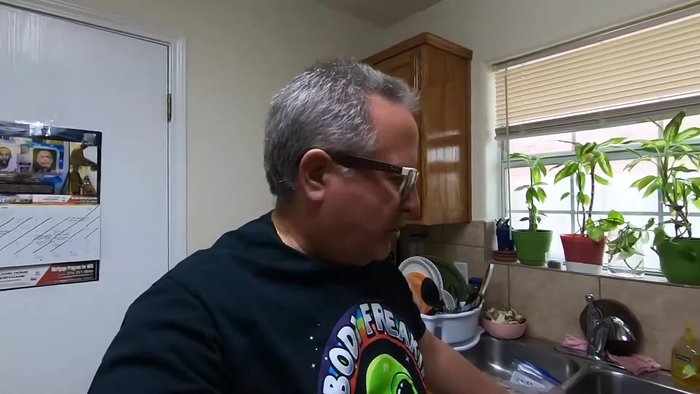Cast iron grill grates: the epitome of robust grilling, delivering those coveted sear marks and imparting a delicious smoky flavor to your food. But achieving that perfect, non-stick surface requires a little preparation – a process called seasoning. Untreated cast iron will stick, rust, and generally make your grilling experience miserable. Proper seasoning, however, transforms your grates into a well-oiled machine, making cleanup a breeze and ensuring your food releases easily every time. This process builds up a layer of polymerized oil that creates a natural, durable, non-stick surface.
Seasoning your cast iron grill grates is easier than you might think, and the rewards are well worth the effort. This seemingly simple process dramatically improves your grilling experience, contributing to perfectly cooked food and a significantly easier cleanup. To learn how to achieve this impressive transformation, follow the simple step-by-step guide outlined below.
Preparation and Safety Guidelines
- Cast iron grill grates
- Sponge
- Soapy water
- Paper towels
- Vegetable oil (or flaxseed oil)
- Brush (optional)
- Always allow the cast iron to cool completely before washing or handling. Sudden temperature changes can crack the grates.
- Use heat-resistant gloves or oven mitts when handling hot cast iron. Burns are a serious risk.
- Avoid using soap excessively. While occasional soap washing is fine, relying too heavily on soap can strip away the seasoning, negating your efforts.
Step-by-Step Instructions
Clean the Grates
- Wash the grill grates with soapy water and a sponge to remove any manufacturing oils.
- Thoroughly dry the grates.

Clean the Grates Initial Oil Application
- Apply a light coating of oil (vegetable or flaxseed) to all surfaces of the grates using paper towels or a brush.

Initial Oil Application First Seasoning Cycle
- Preheat your grill to 500°F (260°C).
- Place the oiled grates on the preheated grill for one hour.
- Turn off the grill and allow the grates to cool completely.
Subsequent Seasoning Cycles
- Repeat steps 3-6 two more times for a total of three cycles.
Read more: Deep Clean Your Traeger Grill Grates: The Ultimate Guide for Porcelain-Coated Surfaces
Tips
- Flaxseed oil is recommended for best results, but vegetable oil is a suitable alternative.
- Ensure the grates are completely dry before applying the oil to prevent uneven seasoning.
- A brush may be helpful for applying oil to grates with angled surfaces.
- Don't let the grates get extremely hot during cooking; aim for a normal temperature range of 400-450°F (204-232°C).


